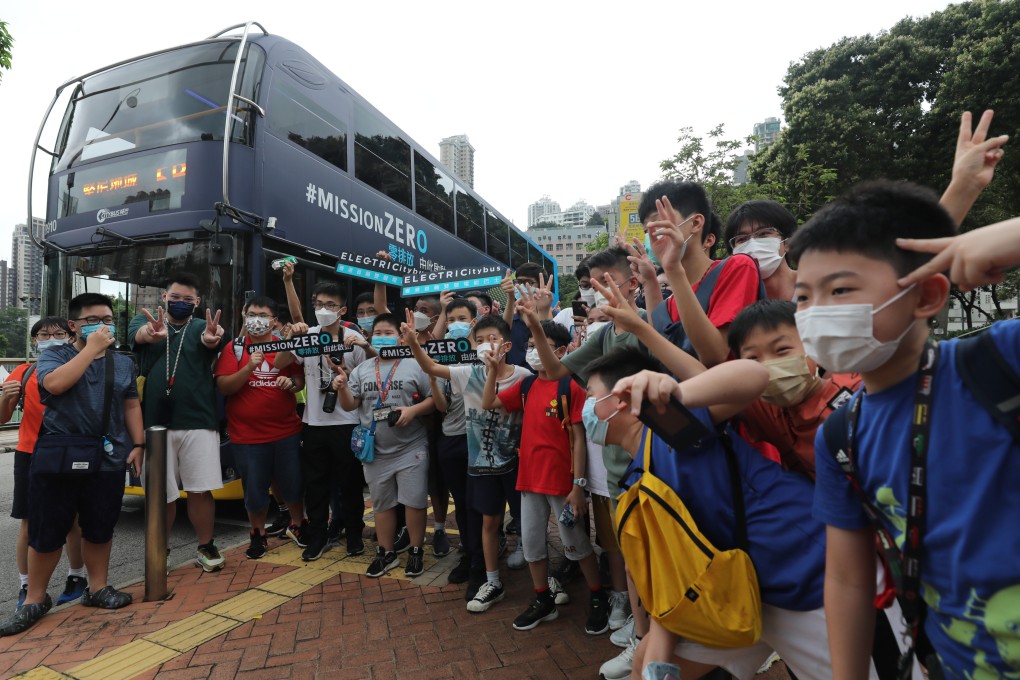Advertisement
Letters | In pursuit of carbon neutrality, Hong Kong must remove roadblocks to a zero-emissions bus fleet
- Readers discuss barriers to the electrification of Hong Kong’s public bus fleet, and how commuters’ expectations of punctuality and reliability may hinder adoption of such buses
Reading Time:3 minutes
Why you can trust SCMP
2

Feel strongly about these letters, or any other aspects of the news? Share your views by emailing us your Letter to the Editor at [email protected] or filling in this Google form. Submissions should not exceed 400 words, and must include your full name and address, plus a phone number for verification.
Hong Kong’s public transport system is the envy of the world. A 2021 report from McKinsey ranked Hong Kong’s system favourably in terms of efficiency and affordability. Much of this success can be attributed to the government’s “railway backbone” development strategy, which prioritises the creation of residential districts around mass transit rail hubs.
Yet, praise of Hong Kong’s public transportation system often omits the crucial role played by the franchised bus network, which is the city’s second-largest carrier of public transit passengers. Unfortunately, the electrification of Hong Kong’s bus fleet has been slow. More specifically, fewer than 1 per cent of the buses are electric. There is an exigent need to reduce vehicular carbon emissions to achieve the city’s 2050 carbon neutrality goal.
Advertisement
Bus decarbonisation will bring major benefits. The reduction of vehicular emissions in Hong Kong will drastically improve roadside air quality and benefit public health.
Regrettably, despite urgent action needed to decarbonise the bus service in Hong Kong, the government’s “Road Map on the Popularisation of Electric Vehicles” offers scant details on a path forward.
Advertisement
The introduction of battery-powered electric buses is a viable option to decarbonise bus services. Yet, implementation problems remain. For example, the power needs of Hong Kong’s battery-powered electric buses – which will need to be air-conditioned and double-deck – may be greater than what present technologies can provide, forcing operators to bear the performance uncertainties.
Advertisement
Select Voice
Select Speed
1.00x